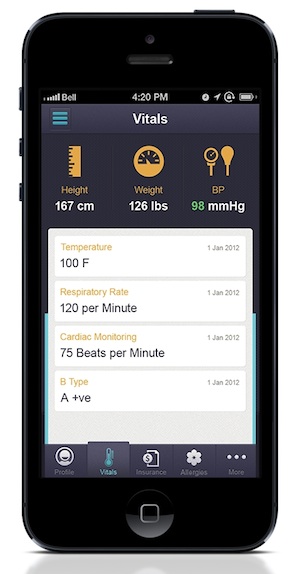
EMR provider eClinicalWorks announced they are investing $25 million in patient engagement, including the creation of a new mobile app for patients. The Westborough, MA-based company already offers a patient portal to their EMR, but the new business unit and app, called Healow (short for Health and Online Wellness), will expand on that offering considerably.
"In order to transform healthcare, patients need to be engaged," Girish Kumar Navani, CEO and co-founder of eClinicalWorks said in a statement. "People are invested in and want to be engaged in their health as long as they trust the source of the information."
Due out in the iOS AppStore February 11th (and in the Google Play store at some point thereafter), the Healow app will connect users directly to their own patient health records. The app will allow users to access multiple providers' patient portals from a single secure app; manage medications by scheduling doses, tracking pills, and requesting refills; gain access to lab results and personal health records; schedule appointment reminders; and exchange secure messages with doctors.
Founded in 1999, eClinicalWorks has been a long-standing EMR provider. The company counts some 220,000 healthcare providers among their user base, including the National Football League, with whom they signed an agreement late last year.
Meaningful Use Stage 2 guidelines, which go into affect starting in 2014, require not only that hospitals make electronic access to health records available to patients, but also that at least 5 percent of patients log in and use the online portal. The guidelines require that users be able to "view, download, and transmit" their health data and the Office of the National Coordinator, through its Blue Button Plus initiative, has openly encouraged companies to fulfill this requirement via apps.
In addition to the app launch, the company announced the results of a survey of 649 physicians. They found that 93 percent of physicians surveyed believe mobile health apps can lead to better patient outcomes and 89 percent said they were likely to recommend a mobile app to a patient. Nearly two thirds cited medication adherence as a major area where mobile interventions could make a difference. Just over half also cited diabetes and preventative care as key impact areas for mobile health.

















